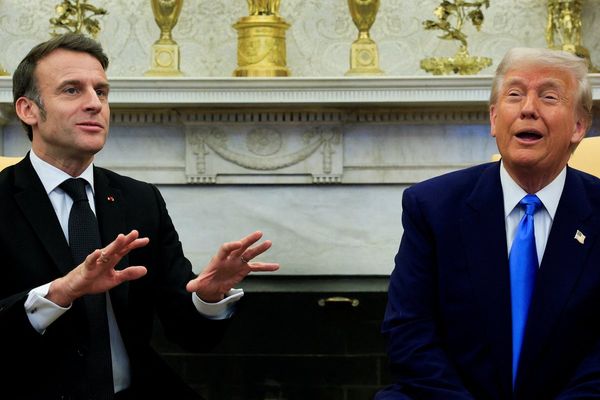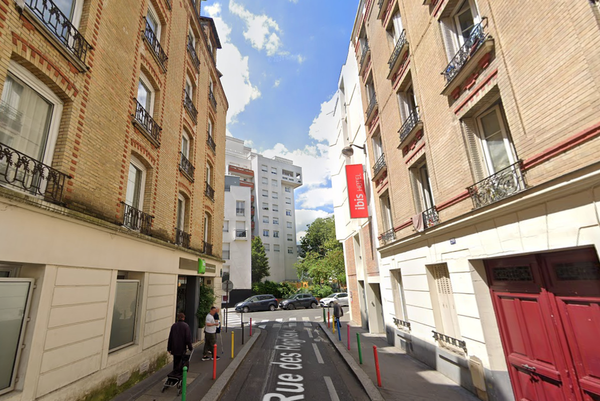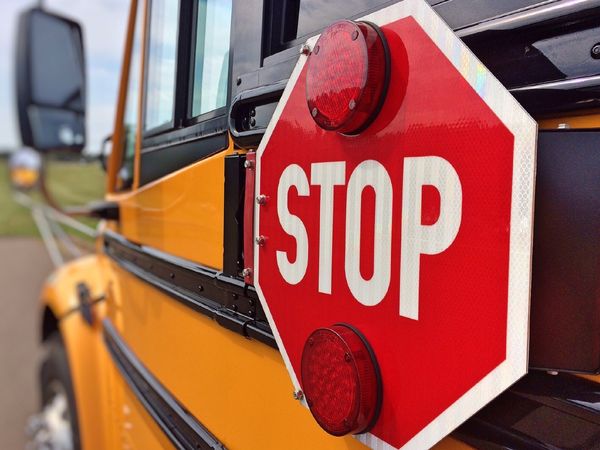Millions of the lowest-income households across the UK will get up to £1,350 from the Government in 2023/4 to help with the cost of living.
The Department for Work and Pensions (DWP) has today announced more detail on the payment schedule for the next round of cost of living support unveiled in the Chancellor’s Autumn Statement, building on payments made to over eight million people in 2022.
The new £900 cash boost for over eight million eligible means-tested benefits claimants, including those on Universal Credit, Pension Credit and tax credits, starts in spring and will go direct to bank accounts in three payments over the course of the financial year.
READ MORE: Martin Lewis explains 1p challenge to help you save £600 in time for next Christmas
There will also be a separate £150 for over six million disabled people and £300 for over eight million pensioners on top of their Winter Fuel Payments.
Exact payment windows will be announced closer to the time, but are spread across a longer period to ensure a consistent support offering throughout the year. They will be broadly as follows:
- £301 – First Cost of Living Payment – during spring 2023
- £150 – Disability Payment – during summer 2023
- £300 – Second Cost of Living Payment – during autumn 2023
- £300 – Pensioner Payment – during winter 2023/4
- £299 – Third Cost of Living Payment – during spring 2024
Work and Pensions Secretary Mel Stride said: “We are sticking by our promise to protect the most vulnerable and these payments, worth hundreds of pounds, will provide vital support next year for those on the lowest incomes.
“The government’s wider support package has already helped more than eight million families as we continue to deal with the global consequences of Putin’s illegal war and the aftershocks of the pandemic.”
Chancellor of the Exchequer Jeremy Hunt said: “I know these are tough times for families across the UK who are struggling to meet rising food and energy costs, driven by the aftershocks of Covid and Putin’s war in Ukraine.
“That’s why we’re putting a further £900 into the pockets of over eight million low income households next year. These payments are on top of above inflation increases to working-age benefits and the Energy Price Guarantee, which is insulating millions from even higher global gas prices.
“Tackling inflation is this government’s number one priority and is the only way to ease the strain of high prices, drive long term economic growth and improve living standards for everyone.”
If individuals are eligible they will be paid automatically, and there will be no need to apply.
Claimants who are eligible for any of the Cost of Living Payments and receive tax credits, and no other means-tested benefits, will receive payment from HMRC shortly after DWP payments are issued.
These payments build on the Government’s extensive support package to help households tackle the globally rising cost of living stemming from the pandemic and the war in Ukraine.
The Government’s Energy Price Guarantee continues to cap energy costs, saving the average household around £900 this winter and a further £500 in 2023/24.
Benefits, including working age benefits and the State Pension, will also rise in line with inflation from April 2023, ensuring they increase by over 10%.
April will also see the biggest ever cash rise to the National Living Wage, bringing it to £10.42 an hour, and a further year-long extension of the Household Support Fund in England and associated devolved nation funding worth £1 billion in total.
READ NEXT:
Six quick ways to save money on your energy bills next year, according to the Government
Martin Lewis fan gets cheque for nearly £3,000 in forgotten savings thanks to his advice
How to get help if you’re struggling with the cost of food - including voucher schemes
Woman hasn't turned heating on since February and cuts electricity bill to just £10 a month
Your rights explained if you want to return unwanted Christmas gifts







